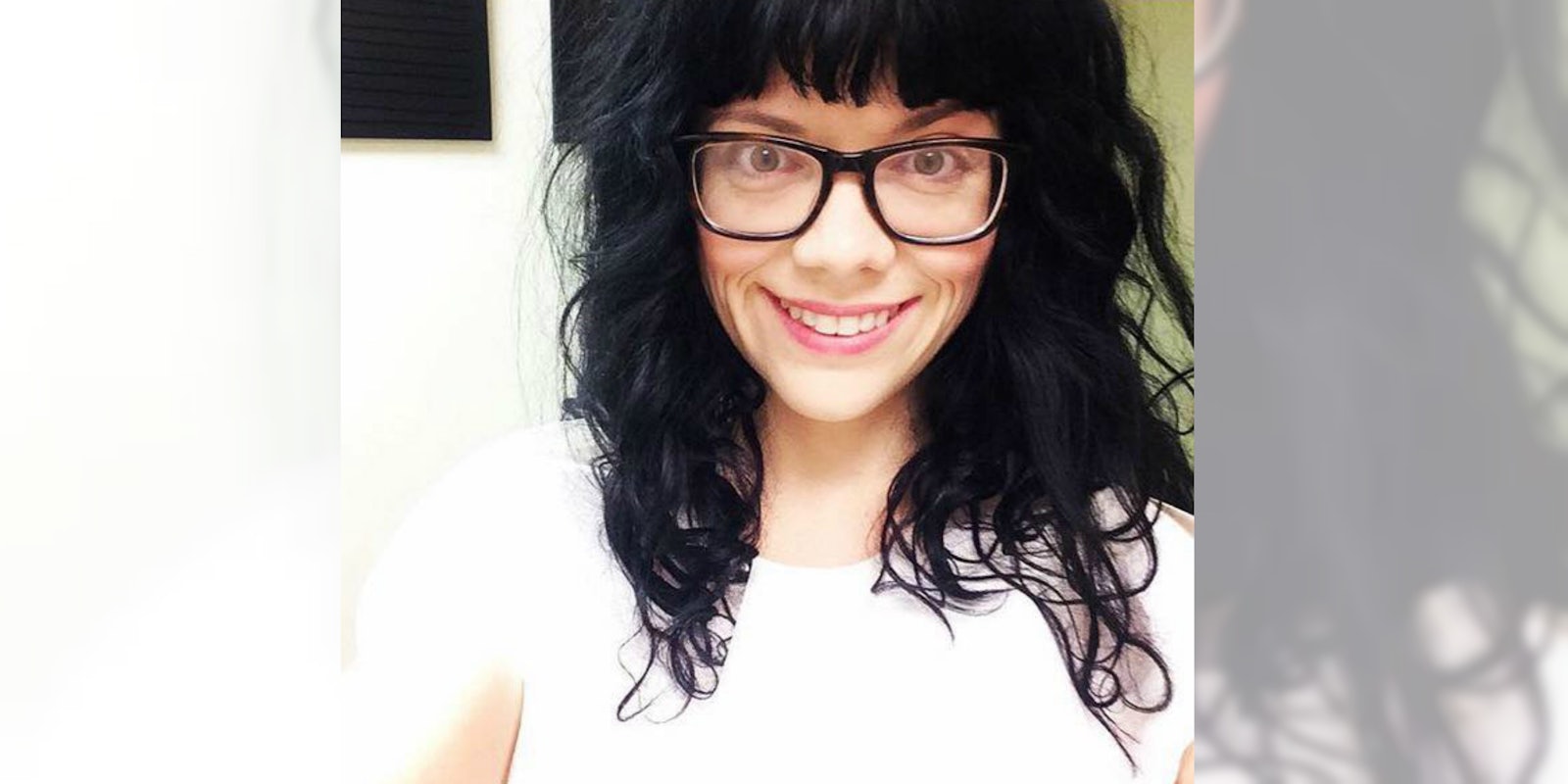Yesterday, a woman penned an open letter to tech companies encouraging them to fix their algorithms. She was tired of seeing parenting ads after her child was stillborn.
Gillian Brockell, a Washington Post video editor, said she documented her pregnancy online to share with family and friends. On Nov. 30, she shared on Twitter that her son died. In the following weeks, she continued to see ads about parenting on Facebook and Instagram. The ads led her to write the open letter, which has earned nearly 100,000 combined likes and retweets.
https://twitter.com/gbrockell/status/1072589687489998848
“Do you know what your algorithm decides, tech companies?” Brockell wrote. “It decides you’ve given birth, assumes a happy result, and deluges with ads for the best nursing bras, tricks to get the baby to sleep through the night, and the best strollers to grow with your baby.”
The viral post eventually drew the attention of Rob Goldman, Facebook’s vice president of ads, who apologized for the “painful experience.”
I am so sorry for your loss and your painful experience with our products. We have a setting available that can block ads about some topics people may find painful – including parenting. It still needs improvement, but please know that we’re working on it & welcome your feedback.
— Rob Goldman (@robjective) December 12, 2018
Goldman recommended that Brockell block the ads about sensitive topics, which includes parenting. Brockell responded that the setting was difficult to find, and that if the algorithm was smart enough to know that she was pregnant, the word “stillborn” should’ve triggered a break in the ads.
Several other users shared their experience with problematic ads and child loss. About 24,000 children each year are stillborn in the U.S., according to the Centers for Disease Control and Prevention.
My son was stillborn two weeks ago and I’ve been followed around the Internet ever since by ads for nursing bras and baby clothes. It’s torture.
— Ikea Monkey Coat (@the_veriest_) December 12, 2018
I would re-tweet this but my best friend, who follows me on Twitter, had a baby stillborn at 40 weeks in 2002 and I don’t want to ambush her.
— Naomi Kritzer naomikritzer.bsky.social (@NaomiKritzer) December 11, 2018
This has been an issue for years, but tech has made it worse.
This happened to me, as well. It was one of the many reasons I left social media for almost a year when my first was stillborn.
— bye bye bye (@CuriouslyStrong) December 12, 2018
In response to Brockell’s post, a Twitter representative told BuzzFeed News that the platform is “continuously working on improving our advertising products to ensure they serve appropriate content to the people who use our services.”
Brockell shared an updated version of her letter in the Washington Post perspective section, which you can read here.
READ MORE:
- Family says racist bullying led to 9-year-old’s suicide
- Police forcefully yank one-year-old baby from mother’s arms during arrest
- What is social justice? The rise of the social justice warrior
H/T BuzzFeed News


